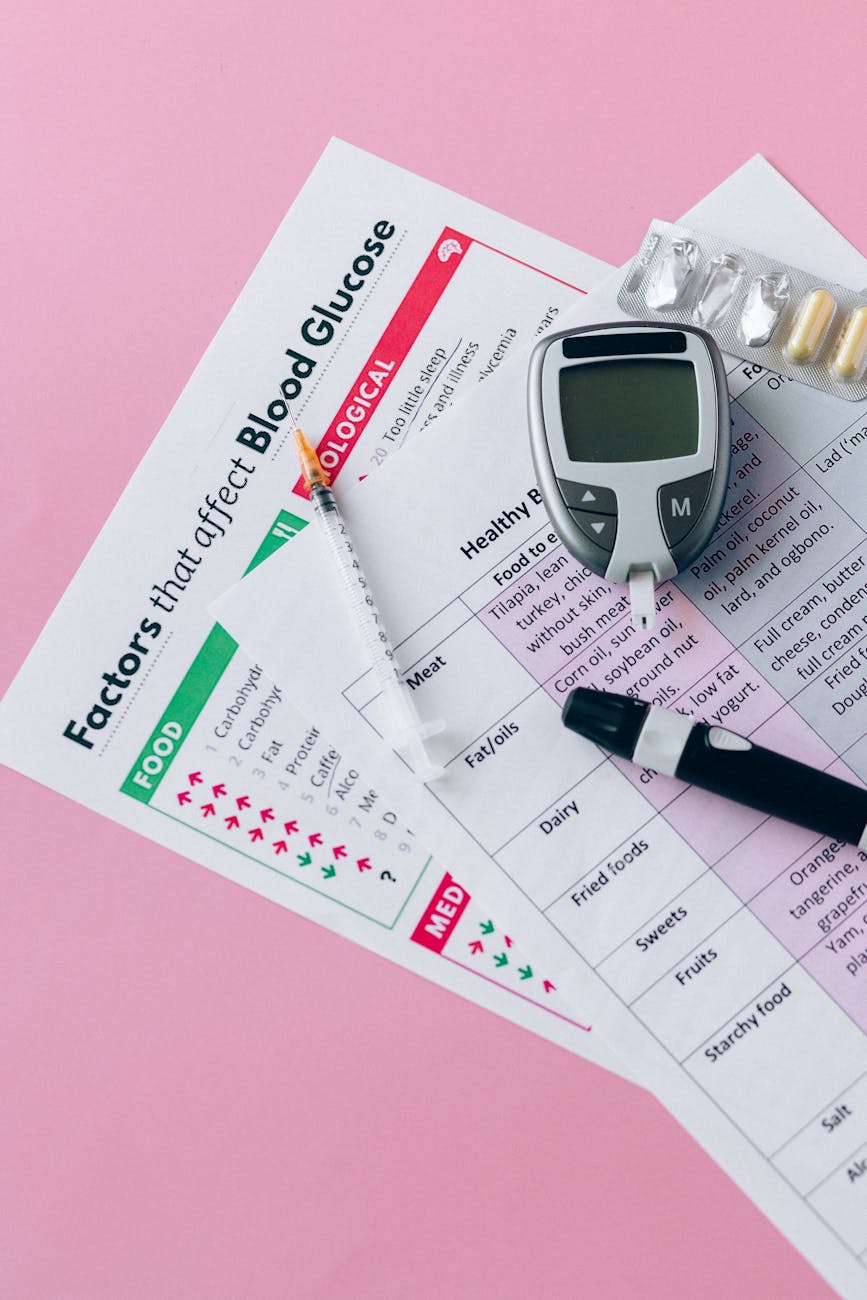Leadgrowdevelop
1M
141

Image Credit: Leadgrowdevelop
Why Do Medication Savings Matter for Diabetes Patients?
- Dealing with diabetes requires constant medication use, which has become challenging due to the high prices of diabetes drugs, leading to financial burden, skipped doses, and worsening health conditions.
- Medication costs impact patients' ability to maintain treatment plans, resulting in adverse health outcomes like increased risk of hospitalization, worsened symptoms, and higher long-term healthcare costs.
- Factors contributing to high medication costs include patent protection, production and research expenses, coverage limitations, and brand name vs. generic medications.
- Ways to save on diabetes medications include using prescription savings programs, opting for generic alternatives, and leveraging insurance coverage effectively.
- Health insurance plays a crucial role in reducing out-of-pocket costs for diabetes medications, and understanding insurance coverage can lead to significant savings.
- Proper financial planning, budgeting for medication costs, and seeking support from nonprofit organizations can help diabetes patients manage their medication expenses more effectively.
- Utilizing prescription discount programs, switching to generics, and exploring government assistance programs can help lower diabetes medication costs for patients.
- Pharmacies may offer discounts on diabetes medications through discount programs or prescription savings cards, allowing patients to access lower prices.
- Switching to generic medications can make a difference in cost savings, as they are more affordable and contain the same active ingredients as brand-name drugs.
- Exploring every option for medication savings empowers diabetes patients to prioritize their health while maintaining financial stability.
Read Full Article
8 Likes
For uninterrupted reading, download the app